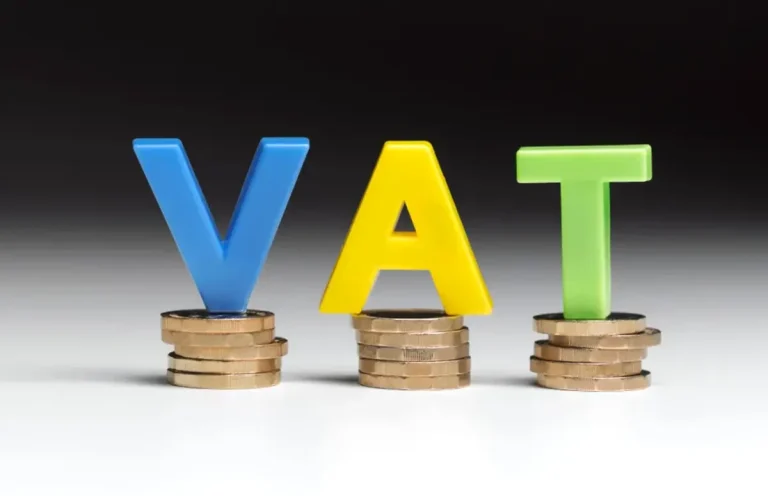🎧 Listen to This Article
Closing the Digital Tax Loophole
Governments around the world are in sync on one message: foreign digital service providers must pay their fair share.
From Southeast Asia to Africa and North America, new laws are rolling out to ensure that companies providing streaming, SaaS, cloud computing, e-learning, and other digital tools into foreign markets don’t escape local VAT.
- Philippines: 12% VAT starts June 1, 2025, even if you have no physical presence.
- Sri Lanka: 18% VAT on streaming, e-books, gaming, apps; implementation pending.
- Manitoba: 7% provincial sales tax hits cloud services starting Jan 1, 2026.
- South Africa: Rolls back VAT for B2B-only providers, but with a tight compliance rope.
- Dominican Republic: Tried and failed three times. Still no digital VAT.
The rationale? Level the playing field. Boost revenue. Modernize tax systems for a digital-first economy.
But let’s not pretend this is all sunshine and fairness
The Global VAT Grab: A Regulatory Minefield for Nonresident Providers
Here’s what governments rarely admit: these rules are a compliance nightmare.
- Every country has its own thresholds, filing portals, invoice formatting, registration windows, and enforcement penalties.
- Definitions are fuzzy: what counts as a “digital service”? Does passive usage qualify? What if services are consumed by both individuals and businesses?
- Miss a filing, and you’re hit with fines, blocked access, or even criminal charges; all in a country you’ve never stepped foot in.
Tax sovereignty is colliding with borderless tech, and nonresident providers are caught in the wreckage.
Who Pays? Spoiler: It’s Not the Governments
Governments say these rules target Big Tech: Google, Amazon, Meta. But that’s not who ends up footing the bill.
- Foreign providers pass costs onto local consumers.
- Streaming gets pricier. E-learning tools cost more. App subscriptions creep up.
- Startups and small SaaS companies now face multi-country VAT compliance just to survive global scale.
Meanwhile, local businesses are often expected to handle “reverse charge” accounting; whether they’re ready or not. In the Philippines, B2B customers must withhold and remit the tax themselves. Get it wrong, and the Bureau of Internal Revenue is knocking.
The Sri Lanka and South Africa Cases: When Complexity Undermines Policy
- Sri Lanka wants to charge 18% on foreign digital services but hasn’t issued guidance. Launch was April 1, 2025; it’s now unclear when (or how) it will begin.
- South Africa simplifies things only if 100% of your customers are VAT-registered businesses. If just one isn’t? You lose the exemption and must register.
That’s not simplification. That’s setting up digital companies to fail compliance tests based on a single transaction.
The Outlier That’s Saying “Not Yet”
The DR tried — and failed — three times to enact digital VAT rules. The latest reversal came in March 2025, scrapping a decree issued just five weeks earlier.
Why? Because despite global momentum, there’s still a price to enforcing this tax tech tidal wave: political pushback, consumer backlash, and uncertain payoff.
In short: the world wants digital VAT, but not everyone is willing to take the plunge.
The Global VAT Gold Rush Is Overreaching
Governments are acting like there’s untapped treasure buried in Netflix subscriptions and Photoshop licenses. But the digital VAT push is starting to show its limits.
- It’s not seamless; it’s complicated, bureaucratic, and risky.
- It’s not cheap; it makes digital services more expensive for everyone.
- And it’s not fair; it punishes scale, innovation, and small foreign firms just trying to go global.
Yes, tax fairness matters. But the digital economy doesn’t respect borders, and pretending otherwise is a fast track to fragmented enforcement and economic inefficiency.
Expect More Taxes — and More Friction
By 2026, almost every country with a functioning tax agency will likely have some form of digital VAT rule. But without harmonization or multilateral agreements, businesses are left navigating a maze of country-specific requirements.
And as enforcement powers grow — including threats to block access for non-compliant platforms — this isn’t just a tax issue anymore.
It’s a trade issue. A sovereignty issue. A digital market access issue.
For further details, clarification, contributions, or any concerns regarding this article, please get in touch with us at editorial@tax.news. We value your feedback and are committed to providing accurate and timely information. Please note that our privacy policy will handle all inquiries.



